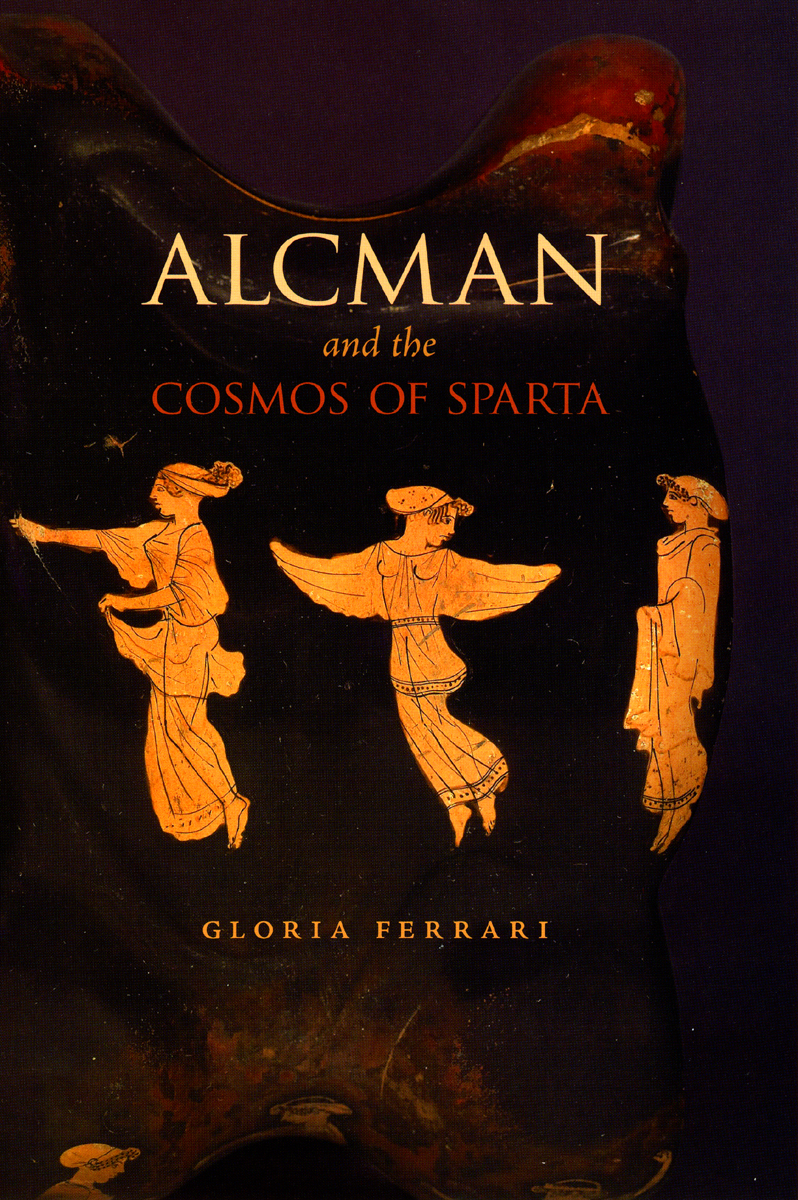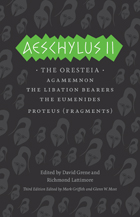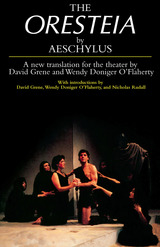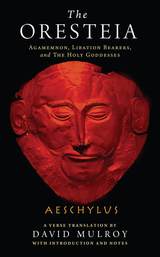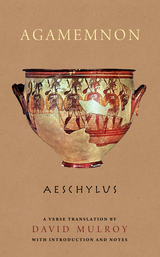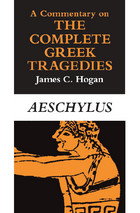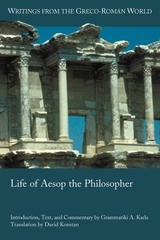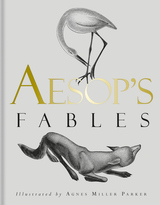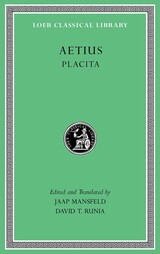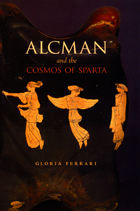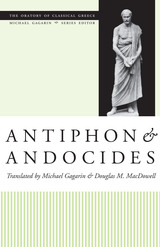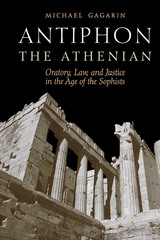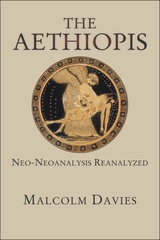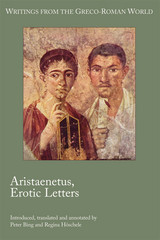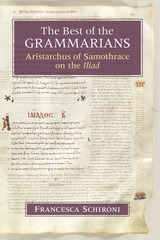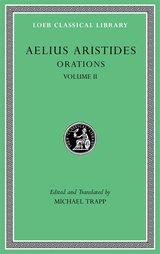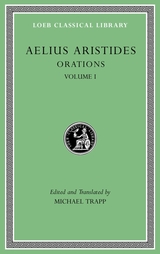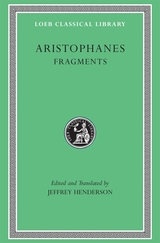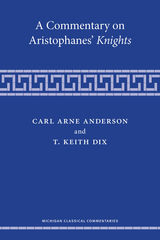Alcman and the Cosmos of Sparta
University of Chicago Press, 2008
Cloth: 978-0-226-66867-3 | Paper: 978-0-226-66868-0
Library of Congress Classification PA3862.A5F47 2008
Dewey Decimal Classification 884.01
Cloth: 978-0-226-66867-3 | Paper: 978-0-226-66868-0
Library of Congress Classification PA3862.A5F47 2008
Dewey Decimal Classification 884.01
ABOUT THIS BOOK | AUTHOR BIOGRAPHY | REVIEWS | TOC | REQUEST ACCESSIBLE FILE
ABOUT THIS BOOK
The Partheneion, or “maiden song,” composed in the seventh century BCE by the SpartanpoetAlcman, is the earliest substantial example of a choral lyric. A provocative reinterpretation of the Partheneion and its broader context, Alcman and the Cosmos of Sparta excavates the poem’s invocations of widespread and long-lived cosmological ideas that cast the universe as perfectly harmonious and invested its workings with an ethical dimension.
Moving far beyond standard literary interpretations, Gloria Ferrari uncovers this astral symbolism by approaching the poem from several angles to brilliantly reconstruct the web of ancient drama, music, religion, painting, and material culture in which it is enmeshed. She shows, for example, that by stringing together images of horses, stars, and birds, the poem evokes classical antiquity’s beloved dance of the constellations. Instrumental in shaping the structure of the lyric, this dance symbolizes the cosmic order reflected in the order of the state, which the chorus would have enacted in a ritual performance of the song.
With broad implications for archaeology, art history, and ancient science, Ferrari’s bold new analysis dramatically deepens our understanding of Greek poetry and the rich culture of archaic Sparta.
See other books on: Cosmology, Ancient | Cosmos | Ferrari, Gloria | Greece | To 500
See other titles from University of Chicago Press
